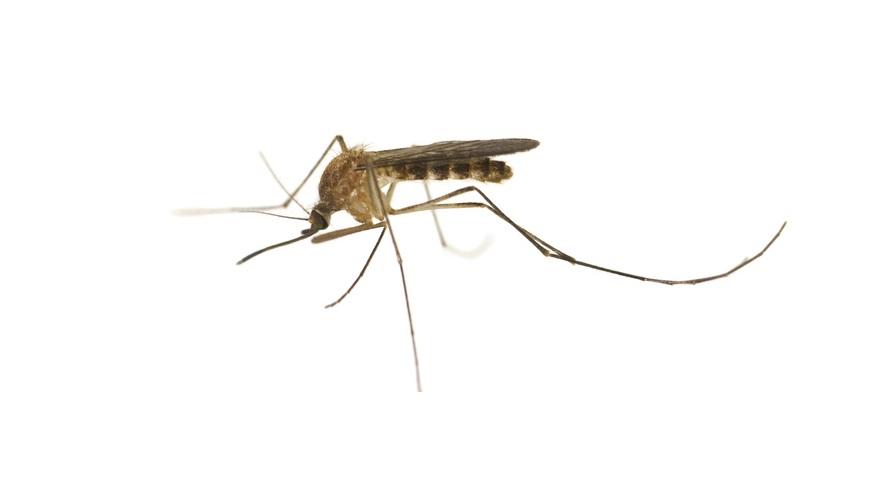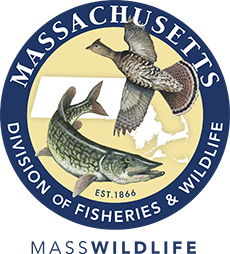- Division of Fisheries and Wildlife

Eastern Equine Encephalitis (EEE) is a very rare but serious disease caused by a virus that can affect people of all ages. EEE is spread to humans through the bite of a mosquito infected with the virus. EEE can cause severe illness and possibly lead to death in any age group; however, people under age 15 and over 50 are at particular risk. EEE does not occur every year, but based on mosquito sampling, a high risk of occurrence of human cases currently exists in areas of Massachusetts. Learn more about EEE in Massachusetts and view the latest EEE Map to see areas of high risk.
Tips for Hunters
The greatest risk that hunters face from EEE is exposure to mosquitoes, not handling or consuming game. Hunters can minimize their risk of mosquito bites by taking the following precautions:
- Wear an effective mosquito repellent with DEET, permethrin, picaridin, or oil of lemon eucalyptus while outdoors. Always follow the manufacturer’s directions for use.
- Limit exposed skin by wearing long sleeves and pants.
- Stay indoors between dusk and dawn when mosquitoes are most active.
While many species of animals, including deer and birds, can become infected with EEE, there is no evidence that people become sick from eating or handling game animals. However, hunters can minimize risk from wildlife diseases by taking the following standard precautions:
- Avoid handling or consuming wild animals that appear sick or those found dead.
- Wear gloves and safety glasses when handling, field dressing, and processing game.
- Cook game meat thoroughly to an internal temperature of 165°F to kill pathogens.
- Use caution and minimize contact with the brain or spinal tissues.
- Handle knives carefully to prevent accidental cuts.
- Wash hands thoroughly with soap and warm water after handling carcasses and before and after handling meat.
- Thoroughly sanitize all tools and work surfaces used during processing with a bleach solution (1 tablespoon of bleach to 1 gallon water). Consider keeping a separate set of knives used only for butchering game.
Hunters or citizens observing wildlife that are behaving abnormally or appear sick should contact the closest MassWildlife office during business hours.
Hunting with Dogs
Dogs can become infected with EEE by the bite of an infected mosquito, however dogs rarely become ill from the virus. If you hunt with a dog, you can take additional precautions:
- Apply mosquito repellents that are approved for veterinary use on your dog. Mosquito repellents recommended for humans are not approved for veterinary use. Consult with your veterinarian for advice about safe mosquito repellents for your dog. Read the product label before using and follow all instructions carefully.
- While the risk of EEE transmission to dogs from eating or otherwise coming into contact with infected birds or mammals is considered low, consider limiting your dog’s contact with game, especially the brain and spinal tissue.
For questions about your dog’s health, contact your veterinarian.
